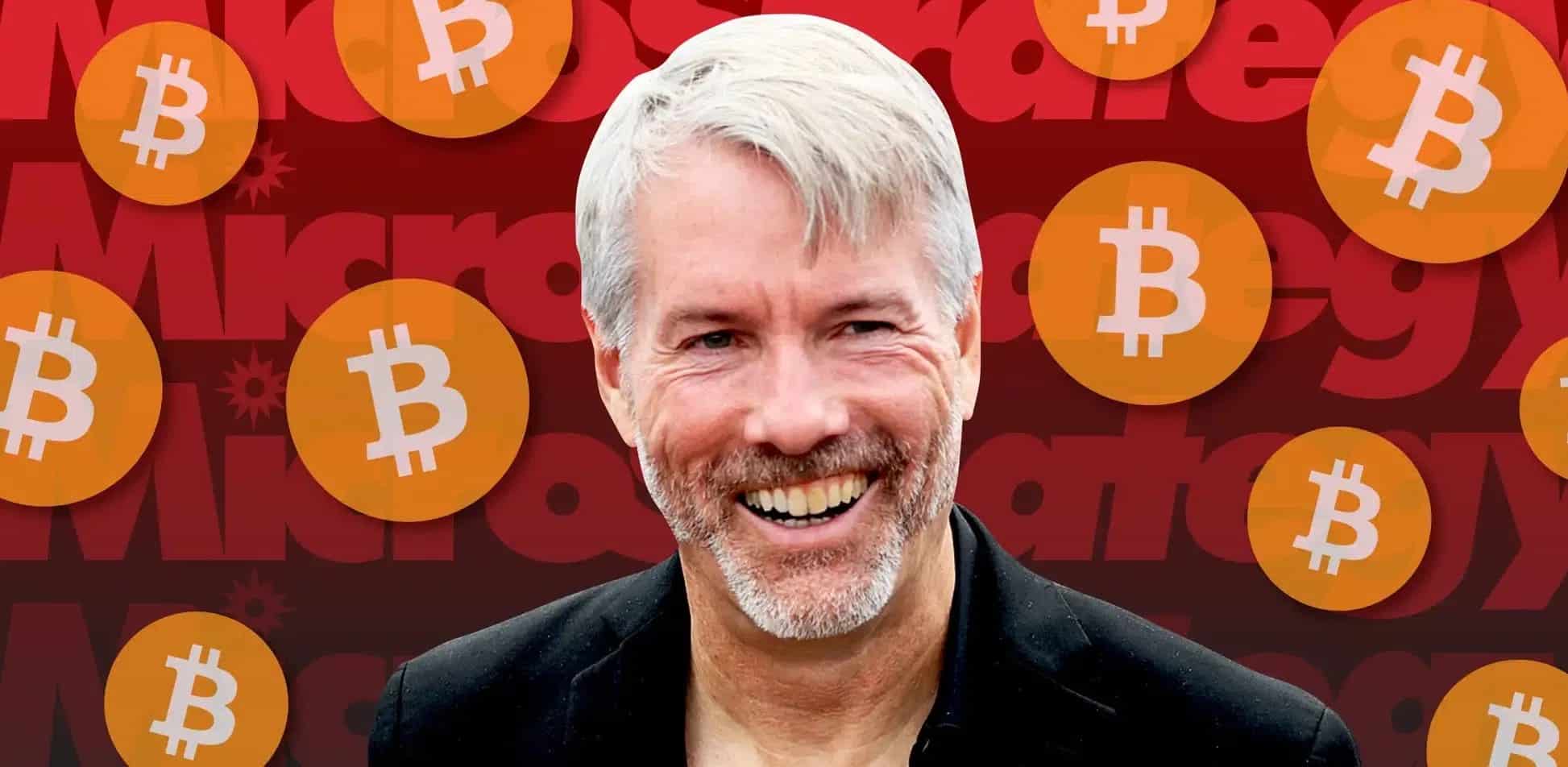- Saylor says tariffs on gold could spark major Bitcoin shift.
- U.S. gold import tariffs may push institutions toward Bitcoin.
- Bitcoin adoption expected to rise as gold faces trade barriers.
According to Bloomberg, Michael Saylor, executive chairman at Strategy, has linked the newly announced U.S. tariffs on Swiss gold bars to a potential surge in Bitcoin adoption.
He argued that Bitcoin’s appeal lies in its digital nature, pointing out that there are “no tariffs in cyberspace” and settlement can occur in minutes without the physical constraints of gold.
The U.S. government’s decision to impose tariffs on imported gold bars earlier this week rattled the bullion market, prompting volatility among traders and investors. Saylor observed that gold has never really been able to move freely due to its weight, its sluggish mode of transport, and the immense expenses incurred in moving it across borders.
Due to the tariffs now being present, he thinks these restrictions may push more institutional actors to Bitcoin as an alternative store of value.
Also Read: Trident Digital Tech to Drive RLUSD Stablecoin Adoption Across Africa
Institutional Shift Toward Bitcoin
Saylor stressed that Bitcoin’s lack of physical form eliminates challenges faced by commodities like gold, which are susceptible to geopolitical restrictions and trade policies. He indicated that this environment may catalyze the inflow of capital into the cryptocurrency market, especially by large institutions that want to use efficient, borderless transactions.
Although admitting the emergence of altcoins, Saylor held that most of the institutional capital still goes to Bitcoin. He discussed the movement toward some treasury companies testing alternative cryptocurrencies, but noted that Bitcoin is still the preferred reserve currency of companies.
According to data quoted by Saylor, the number of companies keeping Bitcoin in their treasuries has increased by almost 100 over the last six months, reaching approximately 160. This increase, he suggested, is representative of an appreciation of Bitcoin as a strategic financial asset.
In the meantime, Reuters said the White House would issue an executive order to set the record straight on what it calls misinformation about the tariff announcement. The shift is to deal with the confusion in the market after the first news release.
Conclusion
Saylor’s comments underscore his view that U.S. trade policy could serve as a new catalyst for Bitcoin’s institutional adoption. With physical gold facing fresh trade barriers, the digital alternative may gain further traction among corporations seeking borderless, tariff-free asset options.
Also Read: China Quietly Orders Brokerages to Halt Stablecoin Hype Amid Illicit Use Fears
